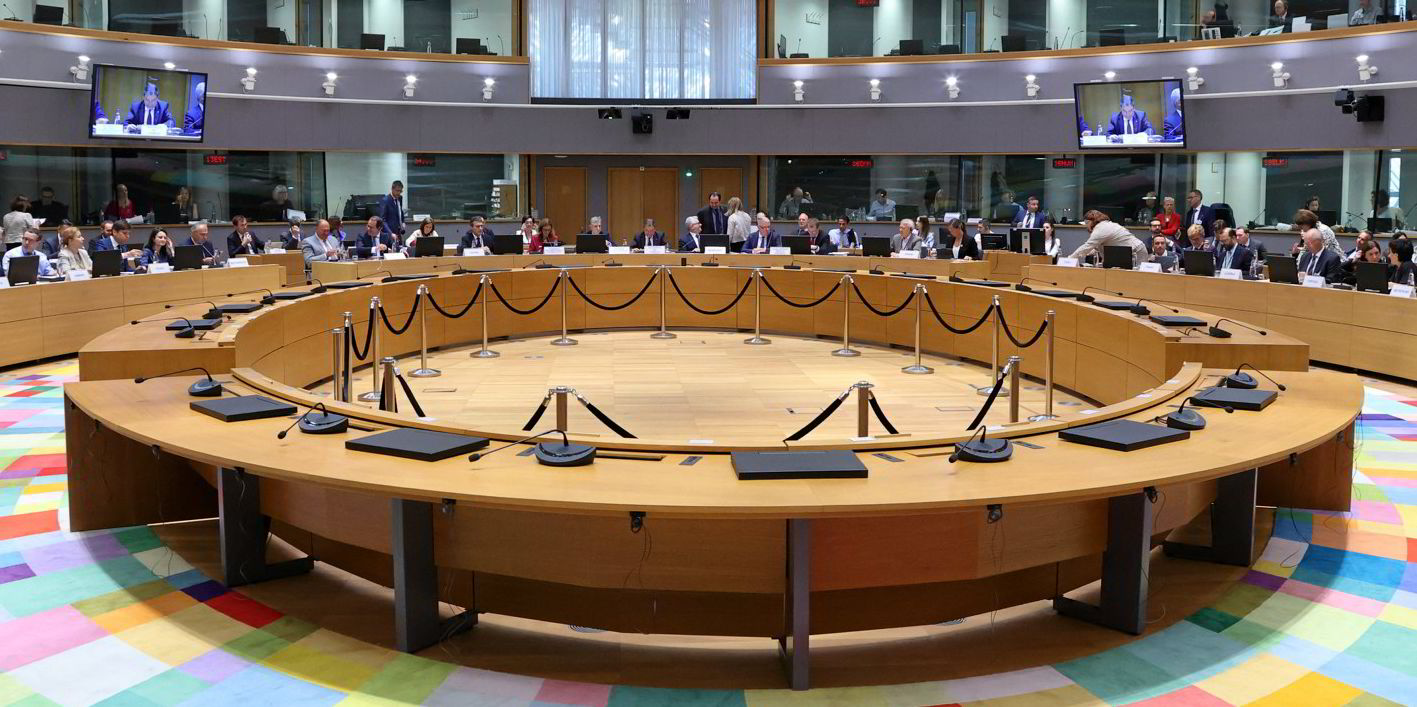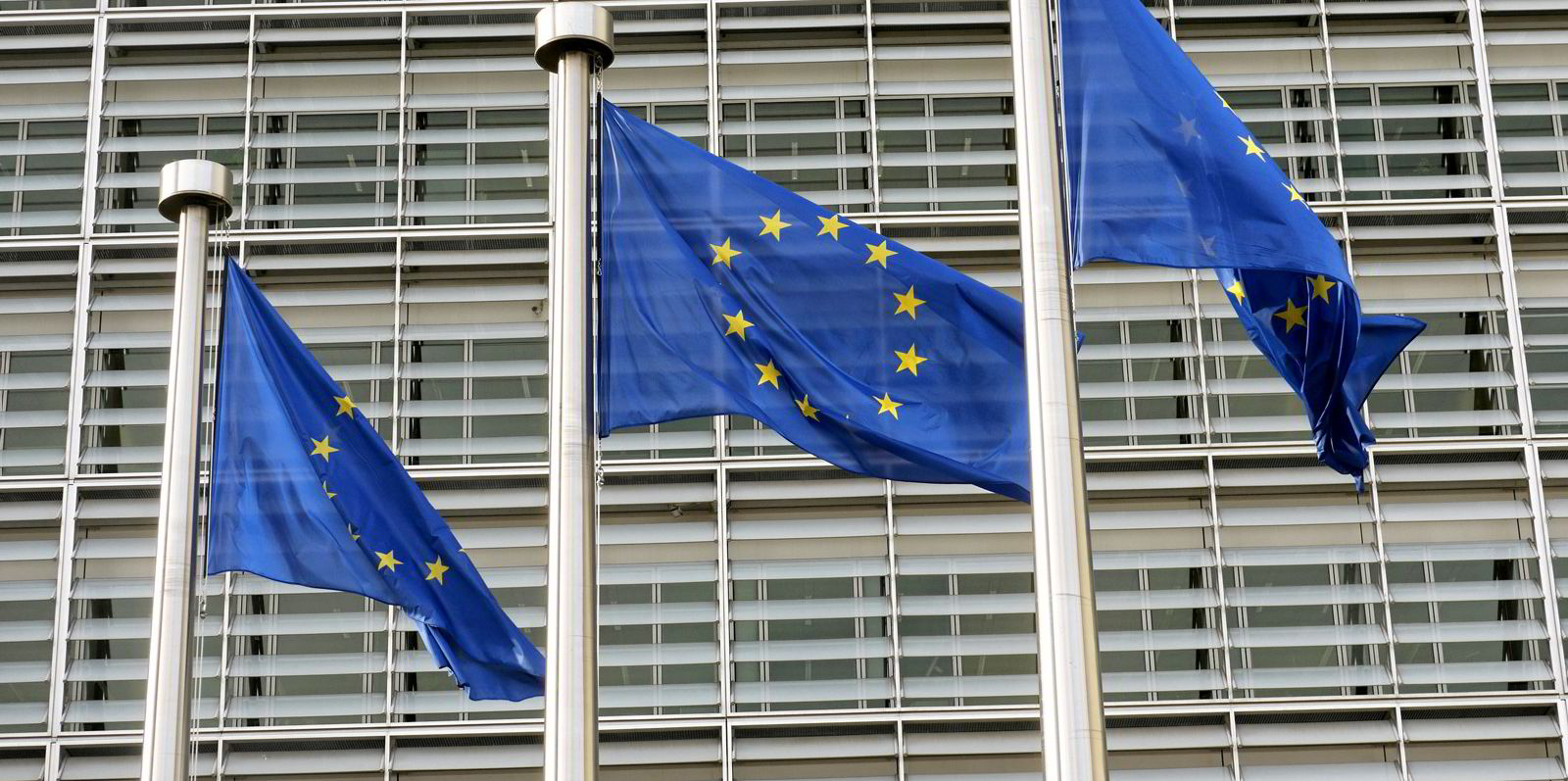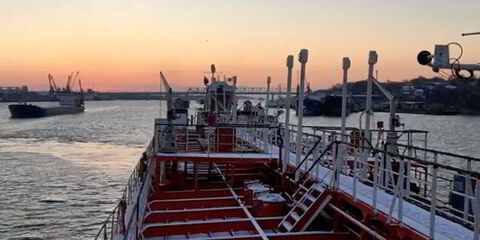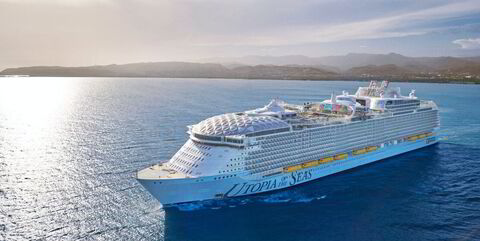Europe needs to give shipping a seat at the top table in the policy-making hub of Brussels if it wants to see the industry grow and sharpen its competitive edge globally.
That is the message from maritime policy expert Eero Lehtovaara, head of regulatory affairs at ABB Marine and Ports, as he prepares to move from his native Finland to Brussels on a mission to reshape the industry’s relationship with the bloc.
Lehtovaara is chair of Europe’s Waterborne Technology Platform, he sits on the low-carbon Global Industry Alliance that supports the International Maritime Organization, and he is chair of the One Sea Association, an affiliation of companies working on maritime digitalisation.
He is also on the joint industry working group of CIMAC, the engine makers association, as well as head of regulatory affairs at ABB, sitting on many of the technical committees of class societies.
He wants to push maritime policy-making higher up the European Commission’s bureaucratic tree with a dedicated policy brief of a commission vice president rather than policy-making being split between several directorates.
“The way I think about what I am doing in general is connecting the dots, and influencing the discussions from different platforms,” Lehtovaara told TradeWinds.
Finnish former master mariner Lehtovaara has focused his shore-going career on developing policies that mix safety with the latest technologies (see box).
But unlike many technology proponents, he is outspoken as much about the challenges of technology implementation as about the benefits of technology use.
“Sitting on different bodies and being part of different discussions, you get an idea of where we are, the most in need of support as an industry,” he explained.
Put simply, Lehtovaara said, the problem European maritime sectors face is this.
There are about 13 industry trade associations focused on policy issues and seven EC directorates that influence developments.
But there is little or no way for them all to collectively share information or ideas.
Hence his belief that there should be a focal point to bring all these sectors and policymakers together and, in doing so, strengthen them.
‘No car industry, no Airbus’

Lehtovaara’s policy message is direct.
“Without shipping there will be no car industry in Europe, no Airbus,” he said. “Shipping is the most important industry in Europe and the Commission needs to acknowledge that.”
“What is needed for us in Europe, for companies, for shipyards, equipment manufacturers, research bodies, ship owners?” Lehtovaara asked rhetorically. “What do we need to be as efficient and competitive as possible at a global scale?”
“My opinion is that for us to maintain maritime strategic autonomy for Europe we need to make sure the industry is doing well.”
And for that, he said, there needs to be something for all the stakeholder associations and the EC to collectively discuss policy directions.
“For us to be more efficient in Europe we should have a waterborne council to have everyone working in the industry — ports, owners manufacturers, inland waterways, unions, at the same table in the same room with the seven directorates-general to at least have a dialogue”.
‘This is doable’

He pointed to the fact that technology developments are happening quickly in the industry, while in many cases regulations and policies are being left behind, and even hindering the industry.
When asked about events such as European Maritime Week, and other events which already bring industry together, Lehtovaara said such a council should be more structural, and permanent and meet regularly, with industry bodies and the EU coming to the table with messages from the participants.
“There are so many directorates-general and they all need the same knowledge and information, so they all need the same agenda to support the best for Europe.
“The associations are already in existence, they already meet in Brussels, so there will not be much extra cost. You can have staff, but that would be later on if it is necessary. This is doable,” Lehtovaara said.




